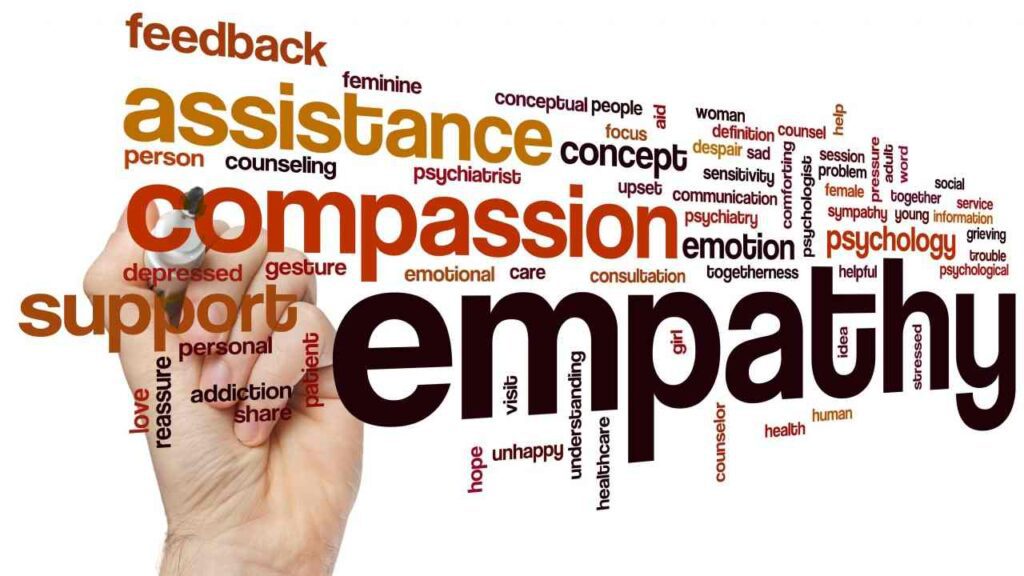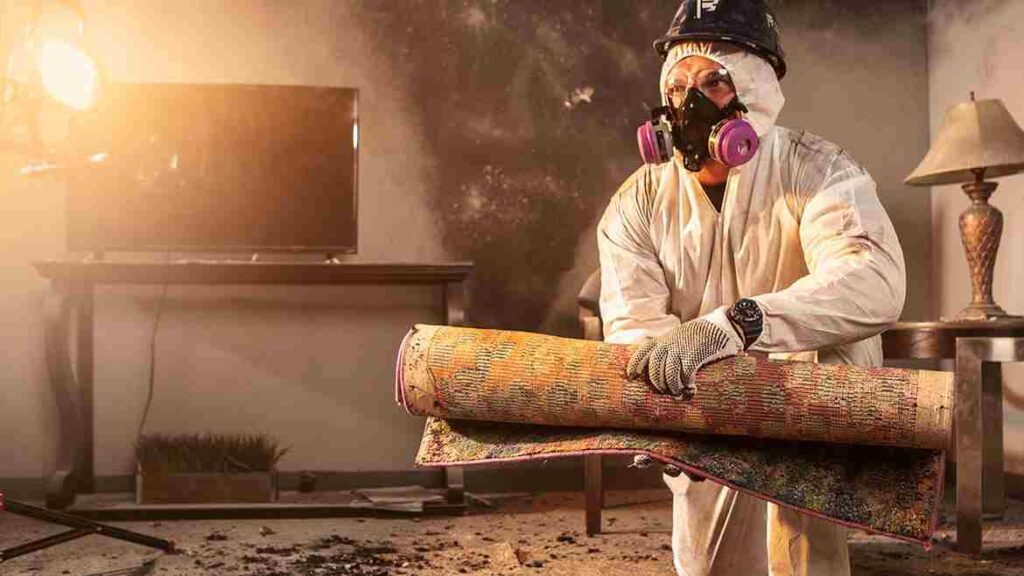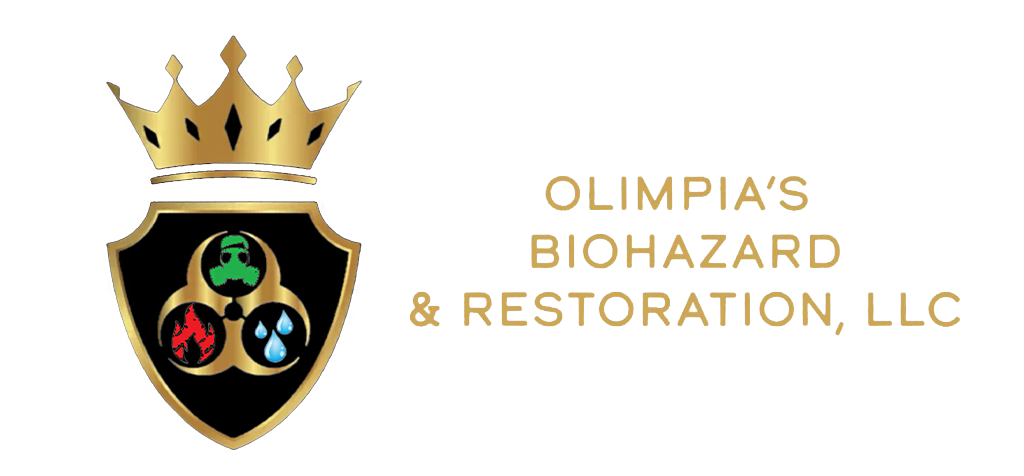Cleaning up crime scenes in Portland can be a challenging task, often requiring a unique blend of compassion, expertise, and conflict resolution skills. In a city known for its diverse communities and neighborhoods, crime scene cleanup troubleshooting can present various sensitive situations. Whether it’s a biohazard cleanup, hoarding situation, or the aftermath of a traumatic event, these cleanup professionals play a crucial role in restoring safety and hygiene. But beyond the technical aspects, resolving conflicts that can arise during these emotionally charged moments is equally vital. In this article along with the help of Olimpias Biohazard, we’ll delve into the world of crime scene cleanup in Portland, exploring not only the practical challenges but also the strategies for effective conflict resolution in this vital service.
Understanding the concerns of affected parties, coordinating with law enforcement, and adhering to strict regulations all demand a delicate touch. Balancing the needs of grieving families, the interests of property owners, and the legal requirements for proper crime scene cleanup is a complex juggling act. It requires not only technical proficiency but also the ability to empathize and communicate effectively in the face of tragedy. In this article, we’ll delve into the world of crime scene cleanup in Portland, exploring not only the practical challenges but also the strategies for effective conflict resolution in this vital service.


Safety Precautions and Personal Protective Equipment
Ensuring the safety of crime scene cleanup professionals is paramount. Personal Protective Equipment (PPE) plays a pivotal role in safeguarding against biohazards and potential health risks. From respirators to hazmat suits, understanding the appropriate gear and meticulously following safety protocols are essential. Crime scene cleanup teams are trained to identify and mitigate risks associated with bloodborne pathogens, chemical spills, and other hazards. Top safety protocols followed by crime scene cleanup include training to identify and mitigate risks associated with bloodborne pathogens, chemical spills, and other hazards. Proper PPE usage not only shields them from harm but also prevents cross-contamination and the spread of infections during cleanup.
Legal Compliance and Regulatory Standards
Understanding the legal aspects of crime scene cleanup is critical in the industry, as compliance with local, state, and federal regulations is crucial. Various laws and standards govern the handling and disposal of biohazardous materials. Professionals must navigate these complex legal landscapes, understanding permits, waste disposal protocols, and documentation requirements. Failure to adhere to these standards can result in serious consequences, making legal compliance a cornerstone of the service.
Sensitivity and Empathy in Dealing with Grieving Families
Crime scene cleanup for suspicious deaths in Portland often involves traumatic events that leave families in deep distress. Cleanup professionals must approach their work with the utmost sensitivity and empathy. Compassionately addressing the needs and emotions of grieving families is as important as the technical cleanup process. Effective communication and a respectful demeanor help create a supportive environment during a challenging time.


Coordination with Law Enforcement Agencies
Collaboration with law enforcement is essential for a seamless crime scene cleanup. Cleanup teams work alongside police and investigators, often entering active crime scenes. Coordinating efforts and respecting the boundaries of an ongoing investigation is critical. Effective communication between cleanup professionals and law enforcement ensures that the cleanup process does not interfere with the gathering of evidence.
Biohazard Cleanup and Specialized Techniques
Crime scenes can be contaminated with biohazards, including blood, bodily fluids, and pathogens. Specialized techniques are required to safely and thoroughly clean and disinfect these areas. Crime scene cleanup professionals receive extensive training in handling and decontaminating biohazardous materials, utilizing specialized cleaning agents and equipment to restore safety.
Trauma Scene Remediation and Psychological Support
Many crime scenes involve traumatic incidents that leave behind not only physical but also emotional scars. Cleanup professionals may encounter scenes of violence or death, and they must be prepared to address the psychological impact on themselves and others. Providing trauma scene remediation goes beyond cleanup; it involves offering psychological support to those affected by the incident.
Managing Hoarding Cleanup Situations
Hoarding situations present unique challenges. Cleanup professionals often deal with extreme clutter, unsanitary conditions, and a delicate balance of respecting an individual’s autonomy while addressing safety concerns. The process requires not only physical cleanup but also a compassionate approach to help hoarders and their families find a path to recovery.


Hazardous Materials Disposal and Environmental Impact
Proper disposal of hazardous materials is essential to prevent environmental contamination. Crime scene cleanup generates biohazardous waste, chemicals, and other dangerous substances that must be managed in an eco-friendly manner. Professionals must adhere to strict protocols for waste disposal to minimize environmental impact and protect public health.
Communication and Conflict Resolution Strategies
Effective communication is key to resolving conflicts and addressing concerns during the cleanup process. Professionals must communicate clearly and empathetically with affected parties, including families, property owners, and neighbors. Conflict resolution skills are essential when dealing with emotionally charged situations, ensuring a smoother and more successful cleanup operation.
Team Training and Professional Development
Continuous training and professional development are critical in the crime scene cleanup industry. Staying updated on the latest techniques, safety protocols, and regulatory changes is vital for maintaining the highest standards of service. Crime scene cleanup teams invest in ongoing education and training to ensure they are well-prepared for any situation.
Real-World Challenges and Success Stories in Crime Scene Cleanup
Examining real-world challenges and success stories provides valuable insights into the intricacies of crime scene cleanup. From navigating complicated legal issues to dealing with emotionally challenging cases, sharing experiences and lessons learned can help professionals improve their practices and provide better support to those in need.
Conclusion:
In conclusion, the world of crime scene cleanup in Portland is a multifaceted and demanding field that requires a delicate balance of technical expertise, empathy, and effective communication. The professionals in this industry play a crucial role in restoring safety and hygiene in the aftermath of traumatic events and biohazard situations. Ensuring safety through proper personal protective equipment and adhering to rigorous legal standards is paramount. Moreover, recognizing and addressing the emotional needs of grieving families adds an extra layer of complexity to the job. Coordination with law enforcement agencies, specialized biohazard cleanup techniques, and the ability to handle hoarding situations are all part of the diverse skill set required in this line of work.
FAQs:
What is the primary goal of crime scene cleanup?
Answer: The primary goal of crime scene cleanup is to restore the affected area to a safe and habitable condition by removing biohazards, contaminants, and any physical remnants of the incident.
2. Are crime scene cleanup professionals required to undergo training?
Answer: Yes, crime scene cleanup professionals are typically required to undergo specialized training to safely handle biohazards, use personal protective equipment, and understand the legal and regulatory aspects of the industry.
3. How do crime scene cleanup teams deal with emotionally distressed individuals at the scene?
Answer: Crime scene cleanup teams receive training in empathy and effective communication to address the emotional needs of grieving families and individuals, offering support and understanding during a challenging time.
4. What environmental considerations are involved in crime scene cleanup?
Answer: Crime scene cleanup involves proper disposal of hazardous materials to prevent environmental contamination. Professionals follow strict protocols for waste disposal to minimize the environmental impact.
5. How do crime scene cleanup professionals handle hoarding situations?
Answer: Crime scene cleanup professionals approach hoarding situations with a compassionate yet systematic approach, addressing both the physical cleanup and the individual’s psychological needs, often working closely with mental health professionals to help individuals on the path to recovery.
